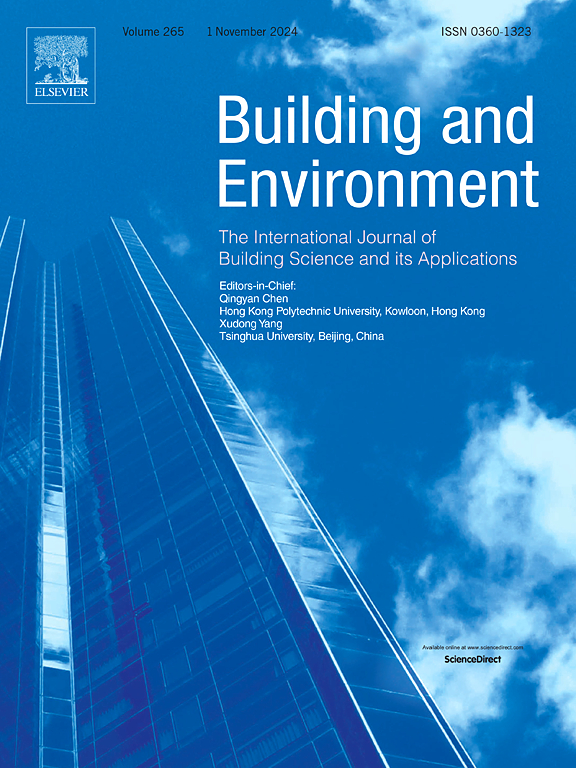
Kastner, Fabian, Edwin Zea Escamilla, Silke Langenberg, and Ming Shan Ng. 2025. “Adoption of life cycle thinking: impact-driven comparative assessment of Japanese construction corporations’ trends in practices” Building and Environment, Volume 267, Part B, 2025, 112131.
Although life cycle thinking offers a well-founded set of concepts, methods, and tools for organizational contexts, only little is known about its relevance in the construction sector. In this sector, construction corporations are key players. In this work, a novel impact-driven method to assess the adoption of life cycle thinking by construction corporations is introduced. Japan, as a high-income country with a relatively long history of environmental policies informed by material flow analysis, is chosen as the context. Five Japanese construction corporations and respective reporting are used as case studies. Trends in environmental impacts over time of the case study corporations are assessed using two indicators: resource and carbon productivity. In comparison, an automated text corpus analysis workflow is presented to explore the corporate report’s life cycle thinking-related content in a meaningful way. Comparing the period of 2014–2018 and 2019–2023, an overall relative increase in framework adoptions (77%) and their integration in corporate categories (85%) in corporate reports indicates its increased procedural relevance among Japanese construction contractors. Findings show how the carbon indicator is embedded in various frameworks and, for instance, reveal an increased relevance of Scope 3 emissions as a framework on a low level. However, Scope 3 is also utilized as a performance indicator. To this end, considerable temporal differences in adoption practices are observed. Finally, a potentially effective corporate adoption model is identified through the comparative research design. The proposed method can be applied to other construction corporations and regional contexts.